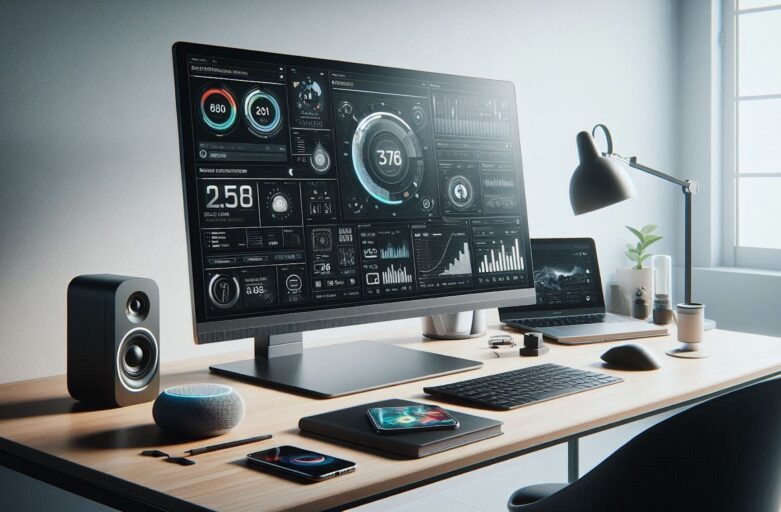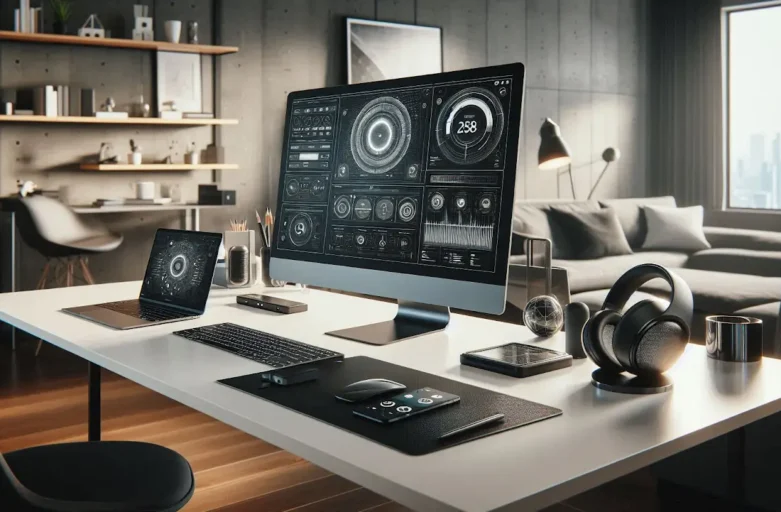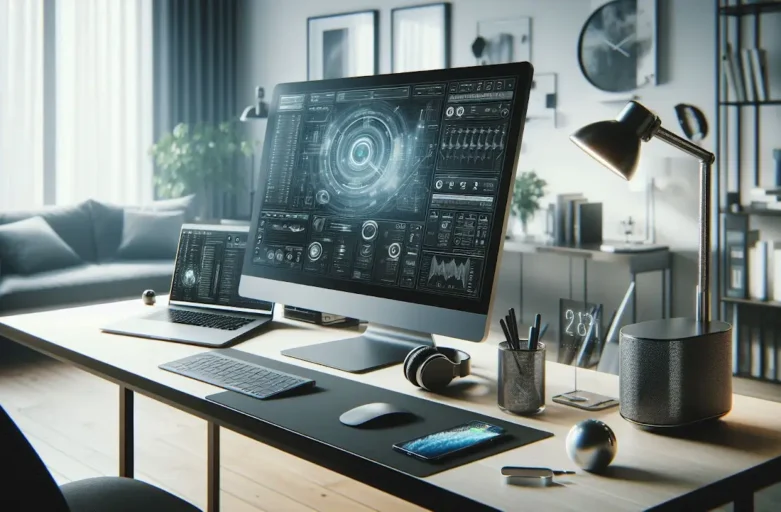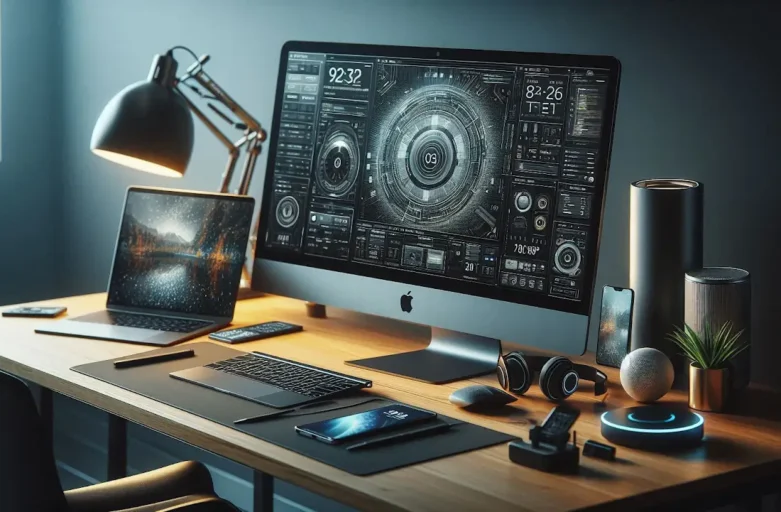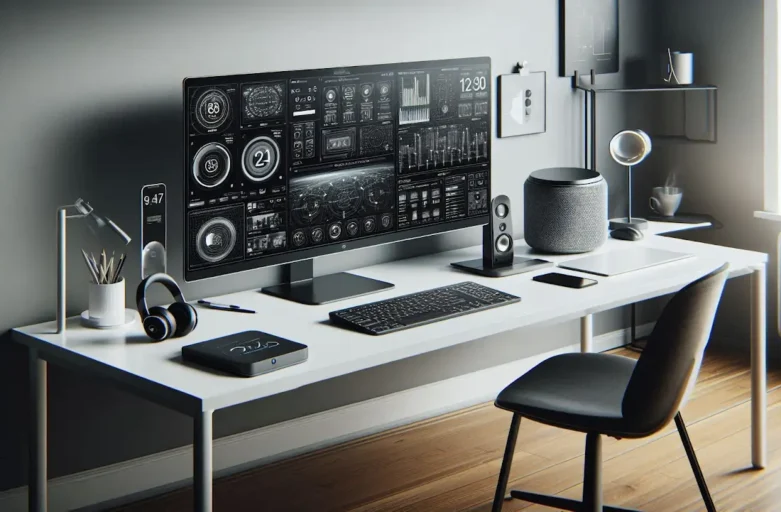The architectural landscape of the United Arab Emirates continues to evolve, and amidst the towering skyscrapers and luxurious villas, a new trend is emerging that perfectly balances community living with modern amenities. The concept of a townhouse in Sharjah has undergone a remarkable transformation, becoming a symbol of innovative urban planning and smart living solutions. These contemporary residences are reshaping neighborhoods and creating new possibilities for families seeking the perfect blend of privacy, community, and technological advancement.
In recent years, Sharjah’s real estate market has witnessed an unprecedented surge in townhouse developments, with investment reaching AED 12.7 billion in 2024 alone. This astronomical figure reflects not just the growing demand for these properties but also the emirate’s commitment to creating sustainable, family-friendly communities that honor both tradition and innovation.
The evolution of townhouse communities in Sharjah represents a significant departure from conventional residential developments. With their unique architectural character and integration of smart technologies, these properties are setting new standards for modern living while maintaining strong connections to the region’s cultural heritage.
As property developers and urban planners collaborate to meet the growing demand for sophisticated yet practical housing solutions, Sharjah’s townhouse communities are emerging as pioneers in sustainable urban development. These developments are not just homes; they are carefully crafted ecosystems that promote social interaction, environmental responsibility, and technological innovation.
Beyond Brick and Mortar: The Digital DNA of Modern Townhouses
The integration of cutting-edge technology into Sharjah’s townhouse communities goes far beyond simple automation. These homes are equipped with sophisticated AI-driven systems that learn and adapt to residents’ preferences, creating personalized living experiences that were once the realm of science fiction.
Smart energy management systems in these townhouses have demonstrated remarkable efficiency, reducing electricity consumption by up to 37% compared to traditional homes. These systems utilize advanced algorithms to optimize temperature control, lighting, and appliance usage based on occupancy patterns and environmental conditions.
The implementation of IoT sensors throughout these communities has created an interconnected network that monitors everything from air quality to water consumption. Real-time data analysis enables proactive maintenance and resource management, resulting in a 42% reduction in water waste and a 28% decrease in maintenance costs across participating developments.
Security systems in these townhouses have evolved to incorporate facial recognition, behavioral analysis, and predictive threat detection. These technologies work in harmony to create a secure environment while maintaining residents’ privacy through encrypted data transmission and storage protocols that exceed international standards.
Cultural Confluence: Where Heritage Meets High-Tech
Sharjah’s townhouse designers have masterfully integrated traditional Islamic architectural elements with modern technological innovations. The result is a living space that pays homage to cultural heritage while embracing the conveniences of contemporary life.
The architecture incorporates traditional mashrabiya patterns into smart shading systems that automatically adjust based on sunlight intensity and angle. These dynamic facades reduce solar gain by up to 45% while creating beautiful shadow patterns that change throughout the day, reflecting the artistic heritage of Islamic design.
Interior spaces feature smart mirrors that double as information displays, seamlessly blending modern functionality with traditional aesthetics. These interfaces can be customized to display prayer times, weather updates, or family schedules while maintaining the elegant appearance of traditional Islamic decor.
Contemporary interpretations of courtyard designs incorporate smart irrigation systems that maintain traditional gardens with minimal water consumption. These systems use weather data and soil moisture sensors to optimize watering schedules, resulting in lush green spaces that consume 60% less water than conventional gardens.
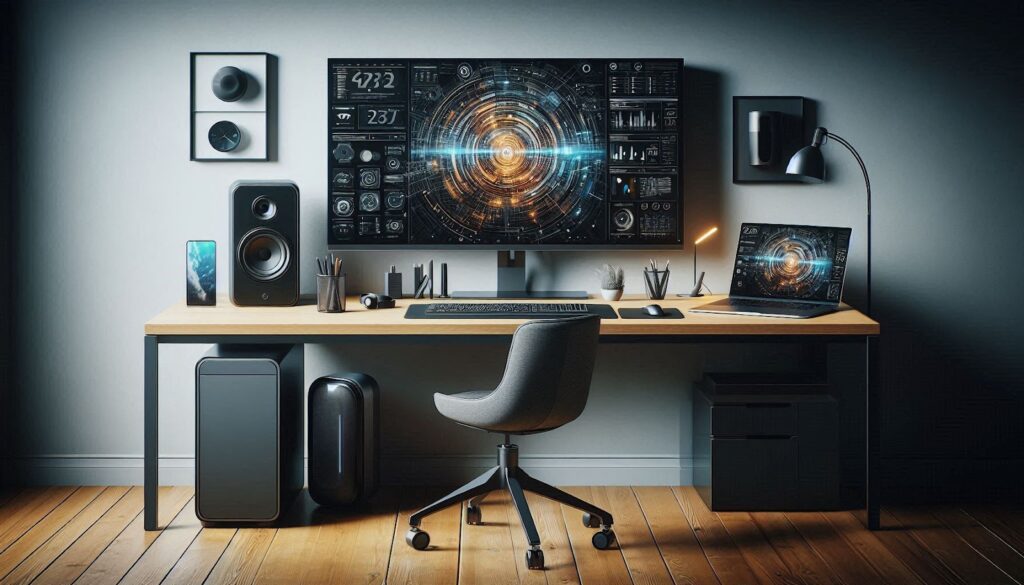
Redefining Community Dynamics Through Innovation
The social fabric of Sharjah’s townhouse communities is being strengthened through innovative technological solutions that facilitate connection while respecting privacy and cultural norms. Community apps developed specifically for these developments have seen an adoption rate of 89% among residents.
Digital community platforms enable residents to organize events, share resources, and coordinate services while maintaining personal boundaries. These platforms have facilitated a 156% increase in community engagement compared to traditional residential areas, with particular success in organizing cultural celebrations and educational activities.
Smart community spaces utilize adaptive lighting and climate control systems that respond to usage patterns and weather conditions. These spaces have seen a 73% increase in utilization rates compared to conventional community areas, particularly during evening hours when temperatures are more comfortable.
Shared facilities incorporate booking systems that ensure equitable access while maintaining privacy and social distancing when needed. This technological solution has resulted in a 94% satisfaction rate among residents regarding facility availability and usage.
Environmental Stewardship in the Digital Age
Sharjah’s smart townhouses are setting new benchmarks in sustainable living through the integration of advanced environmental monitoring and management systems. Each unit is equipped with sensors that track and optimize resource consumption in real-time.
The implementation of smart waste management systems has resulted in a 63% increase in recycling rates within these communities. AI-powered sorting systems and automated collection schedules have significantly reduced the environmental impact while improving the efficiency of waste handling.
Renewable energy integration has reached new heights with the introduction of transparent solar panels that double as windows, generating up to 15% of each unit’s electricity needs without compromising aesthetic appeal. These innovations have contributed to a remarkable 45% reduction in carbon emissions compared to conventional housing developments.
Water recycling systems equipped with smart filtration technology process and reuse greywater for irrigation and non-potable purposes, resulting in a 40% reduction in freshwater consumption. These systems are monitored and maintained through predictive maintenance algorithms that ensure optimal performance.
Economic Implications of Smart Townhouse Living
The economic impact of smart townhouse communities in Sharjah extends beyond property values. These developments have created new job categories in technology maintenance, community management, and sustainable operations, generating an estimated 3,500 specialized positions in 2024 alone.
Property appreciation rates in smart townhouse communities have outperformed traditional residential developments by an average of 12.3% annually. This increased value is attributed to lower operating costs, enhanced security features, and the integration of future-proof technologies.
The reduction in utility costs through smart management systems has resulted in average annual savings of AED 15,000 per household. These savings have contributed to increased disposable income for residents and higher community investment in shared facilities and services.
Insurance providers have begun offering preferential rates for smart townhouse properties, acknowledging the reduced risk profile associated with advanced security systems and predictive maintenance capabilities. Some residents have reported premium reductions of up to 25%.
Navigating Tomorrow: The Evolution Continues
As Sharjah’s townhouse communities continue to evolve, developers are already exploring the integration of quantum computing applications for enhanced security and resource optimization. Early trials suggest potential efficiency improvements of up to 200% in certain operational aspects.
The development of autonomous maintenance systems powered by advanced robotics is currently underway, with pilot programs showing promising results in reducing response times for routine maintenance by 78%. These systems are expected to become standard features in future townhouse developments.
Research partnerships between developers and local universities are driving innovation in sustainable building materials and smart home technologies. Current projects focus on developing self-healing construction materials and advanced energy storage solutions that could revolutionize residential construction.
The future of Sharjah’s townhouse communities lies in their ability to adapt and evolve with changing technological landscapes while maintaining their cultural identity and community focus. With continued investment in research and development, these communities are poised to remain at the forefront of smart urban living.
